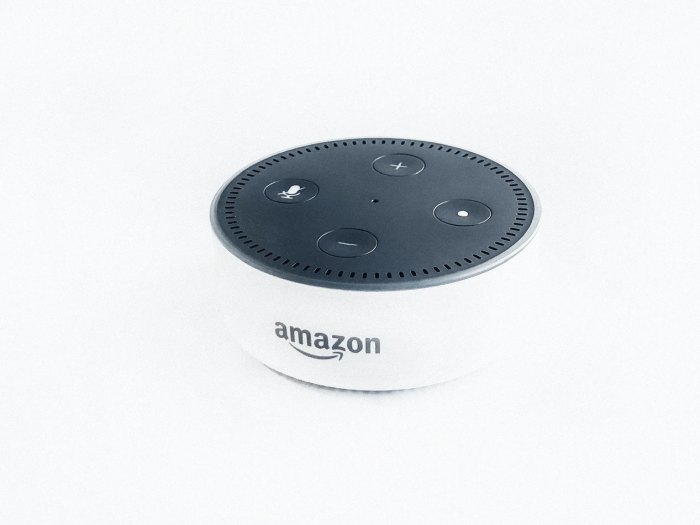
How will bio-assessment of individuals affect journalism? The new article “Journalism and the Voice Intelligence Industry” by Joseph Turow of University of Pennsylvania considers how the news people receive are affected by voice-profiling by the voice intelligence industry. The article is an essay-type one that asks the reader to also consider the future.
The voice intelligence industry
The voice intelligence industry consists of smart speakers, connected-home devices such as home security alarms and voice-controlled lightning, and voice assistant services such as Apple’s Siri or Amazon’s Alexa. Google Assistant, one of these, is allegedly available on one billion devices.
In the current situation, companies such as Google and Amazon are not using the technologies to their full potential due to backlash worries, but voice inferences are already used for medical profiling and can be used for marketing. However, the industry is still in early stages when it comes to emotion and sentiment.
News and voice intelligence industry
There is a potential that the balance of power between the journalist and corporate research will shift more in favor of the latter. If people use voice services more and more, and sentiment and demographic variables are detected more accurately through voice, it is likely that the algorithmic targeting of news will improve from the current stage.
People are then presented with news they are likely to interact with, but this may lead to our social world being increasingly filled with offers of various kinds – perhaps not ads, but various messages that ask for engagement.
Discrimination may well enter into the process – a voice that is analyzed as sounding ‘low-class’ may lead into materials targeted to the individual that target that segment.
Still time to affect the future
Although not mentioned in the article but well in line with Turow’s suggestion to continue the speculation, any speech-related impediment – if not recognized by the tools and adjusted – will likely lead into unfavorable outcomes if it is read as something else.
Current research on sentiment analysis through voice is rather optimistic, particularly the one carried out by private actors in the business, but Turow exhorts academics to be critical and resist the overapplying of the methods.
The article “Journalism and the Voice Intelligence Industry” by Joseph Turow was published in Digital Journalism. (limited access).
Picture: Hi Alexa (Part 1) by Rahul Chakraborty, license Unsplash